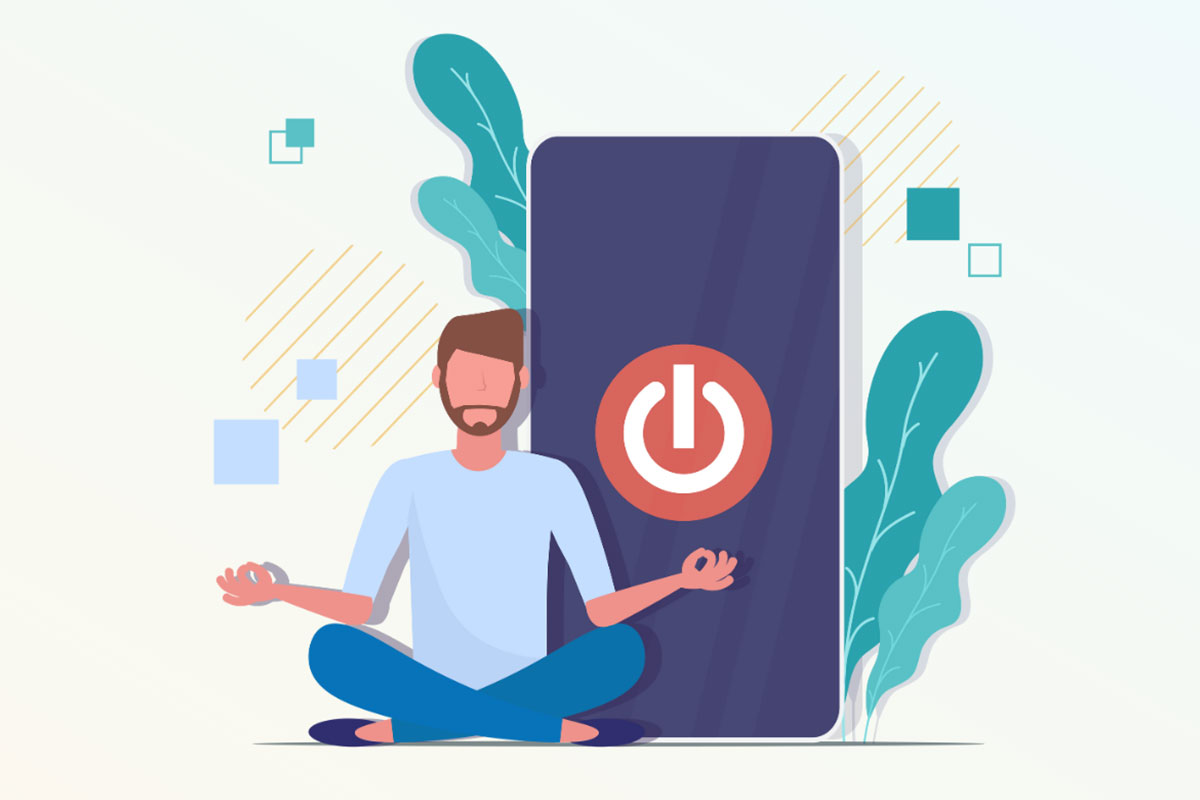In a world dominated by technology, the internet and devices have transformed the way we connect, gather information and express ourselves. As we explore the relationship between men and the internet, it becomes evident that while digital platforms offer numerous advantages, they also present exceptional challenges for men’s mental health.
We explore the concerns surrounding men’s health, the impact of self-diagnosis, the influence of social media in mental wellbeing and provide practical tips to implement healthy habits in the digital age.
Men Using the Internet to Self-Diagnose
The internet offers a wealth of health information at our fingertips, and men, like many others, may be tempted to self-diagnose. Reasons for this include avoiding taking time off work, being too busy and feeling embarrassed to discuss personal health issues.
Every year, more than 100,000 men face premature death because they neglect their health. So, while the internet can be a useful source of information, relying solely on it can be misleading and even harmful as self-diagnosis can often lead to unnecessary worry and delays in receiving proper medical attention.
Men’s Health Worries
Men often face physical and mental health concerns, yet societal expectations of masculinity can make it challenging for them to seek support. The internet serves as a valuable private space for men to explore their symptoms and health-related issues. Below are some examples of the top health issues faced by men:
- Heart disease
- Diabetes
- Prostate cancer
- Testicular cancer
- Bowel cancer
- Depression and suicide
It’s essential for men to remember that online sources can never replace the expertise and personalised care of a health professional. Consulting with a doctor or therapist is crucial for an accurate diagnosis, tailored advise and appropriate treatment.
Social Media and Mental Health
Social media platforms have revolutionised the way we connect and communicate, but can also impact men’s mental health significantly. The culture of comparison and toxic masculinity sets an unrealistic expectation on men. Social media contributes to increasing insecurities and the pressure to meet societal expectations of success, appearance and emotional strength can take a toll on men’s wellbeing. These harmful stereotypes alone can have a negative impact on their mental health, which can lead to anxiety, depression, poor sleep and general addiction.
Tips for Healthy Habits
- Set digital boundaries: Take regular breaks from screens and establish boundaries for technology use. Engaging in offline activities and setting aside designated screen-free times promotes relaxation and self-care.
- Open environment: Create and promote a safe and non-judgmental space, both online and offline, where men feel comfortable discussing their physical and mental health concerns.
- Connection: While the internet offers great opportunities for connection, it’s important to find a balance on and offline when it comes to social interaction. Follow safe social media accounts that promote positivity and a healthy lifestyle.
- Practice self-care: Practice self-reflection, engage in mindfulness and pursue hobbies for joy and relaxation.
- Healthy sleep routine: The blue light emitted by screens can disrupt sleep patterns, so it’s important to establish a healthy sleep routine by limiting technology use before bedtime.
- Seek professional help: It’s essential to prioritise making appointments with a GP or therapist to discuss any health and wellbeing concerns. Seeking expert guidance and support is crucial in addressing and managing health matters effectively.
By implementing these healthy habits into a digital lifestyle, men can enjoy the benefits of the internet while being aware and setting boundaries to avoid negatives. By maintaining a healthy balance with technology and knowing when to seek support, men can lead a fulfilling healthy and happy life.
Pam Wellbeing offer services that focus on men’s wellbeing, including our 30-minute broadcast on men’s mental health. Speak to us today to explore how our tailored training, helpline and counselling services can effectively support and empower your people. Please call 01925 596244 or email salesenquiries@pamwellbeing.co.uk.




